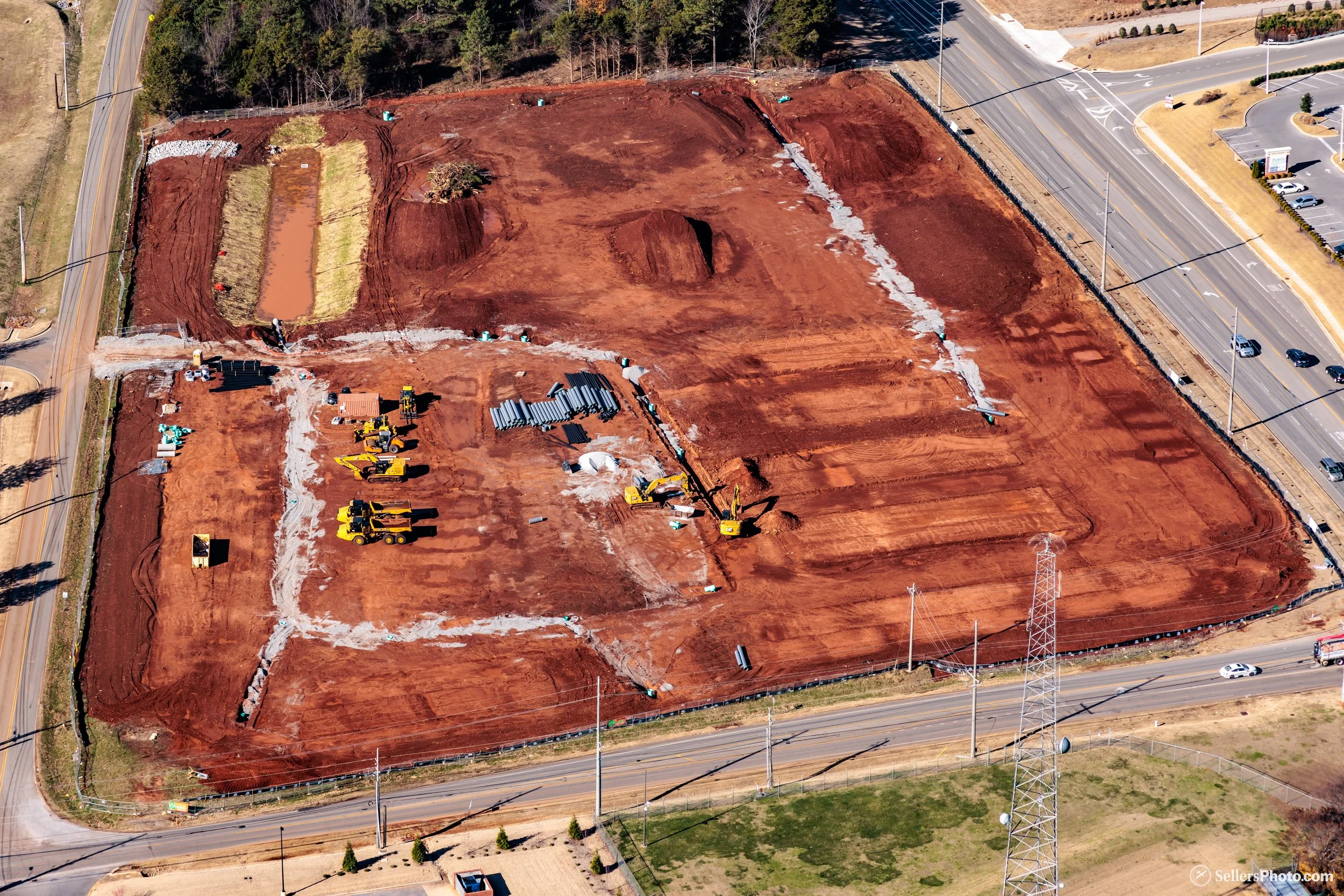Dirt Work
Construction is an integral part of modern life, and one key element in any successful project is the proper handling of dirt work. As construction professionals know all too well, moving significant amounts of soil can be more than a nuisance; if not done correctly it can severely hamper progress and cause costly delays. With that in mind, this blog post will dive deep into understanding all aspects of dirt work, from how to plan for it to what types of equipment may be needed, and finally tips for maximizing efficiency when completing dirt work. So grab your hard hat and let's get started!
What is Dirt Work and why it’s important
Dirt work is a crucial part of any construction project or land development. It involves the removal, excavation, and leveling of soil or rock to create a foundation for a building, road, or landscape. The process starts with surveying the land and designing the right approach to ensure the stability and safety of the structure.
Dirt work also includes the installation of utilities such as water, gas, and electrical lines. Without proper dirt work, projects can suffer from drainage issues, soil erosion, and even collapse. It is important to hire a qualified professional to carry out dirt work to ensure the project's success and longevity. Understanding the importance of dirt work can help you make informed decisions when planning any construction or development project.
Types of Dirt Work Projects
If you're new to the world of construction or renovation, it may surprise you to learn that there are many different types of dirt work projects. From grading and excavating to foundation preparation and land clearing, each project is unique and requires specific skills and equipment.
Grading, for example, can be used to level a building site or fix drainage issues, while excavation is necessary for creating a foundation or installing a septic system.
Land clearing, on the other hand, involves removing trees, stumps, and other obstacles to prepare the land for construction.
With so many options to choose from, it's important to work with a contractor who has experience in your specific type of project to ensure a job well done.
Tips for a job well done
When it comes to getting a job done, there are certain tips you can keep in mind to help ensure that it's done correctly.
First and foremost, it's important to have a clear understanding of what's expected of you. Take some time to talk with your supervisor or manager to lay out the details of the project, including any specific requirements or expectations.
Next, make sure you have all the necessary equipment and resources to complete the task at hand. This might mean double-checking that you have the right software or tools, or that you have enough time to complete the project without feeling rushed.
Finally, be sure to take your time and pay close attention to the details. Rushing through a task or cutting corners can lead to mistakes or oversights, so it's important to take a thoughtful and deliberate approach.
By following these tips, you can help ensure that you complete your work accurately and efficiently, no matter what the job may be.
Common mistakes
Dirt work can be a challenging task, especially if you're new to the game. It's no secret that some common mistakes can be made, and if you're not careful, they can have serious consequences.
One of the most frequent and costly errors is not properly assessing the soil type and moisture content.
Another mistake is not correctly understanding the topography of the land, which can lead to improper grading and drainage issues.
Additionally, not investing in quality equipment or not having the right tools for the job can add unnecessary time and expenses to the project. It's easy to see how these missteps can spell trouble, so take time to plan and prepare before beginning your dirt work project.
Benefits of hiring a professional
Tackling dirt work projects on your own may seem like a good idea at first, but it can quickly become overwhelming and time-consuming. That's where hiring a professional comes in handy.
By entrusting a skilled dirt work contractor to handle your project, you can rest easy knowing that the job will be done efficiently and correctly. Professionals use specialized equipment and techniques to get the job done quickly, which not only saves you time but also reduces the risk of injury.
Additionally, professionals can provide guidance and expertise, ensuring that your project is done to your exact specifications. Overall, hiring a professional for your dirt work project can save you time, money, and hassle, while ensuring that the end result is of the highest quality.
Dirt work is an important and versatile process that can be used in a variety of projects. It’s essential to understand the different types of dirt work and the tools used when undertaking a project, as well as to have good skills and plenty of experience.
Taking on dirt work projects without professional help can often result in costly mistakes, so it’s worth considering the cost benefits of hiring a professional at the planning stage of each project. With the right knowledge, tools, and techniques, dirt work can go more smoothly, leading to successful projects all around. Ultimately, no matter how large or small your next project is, professionals can make sure you get the quality results you're looking for.

